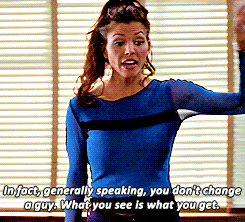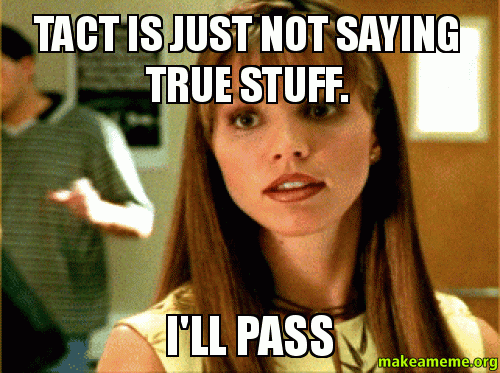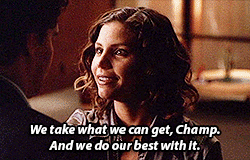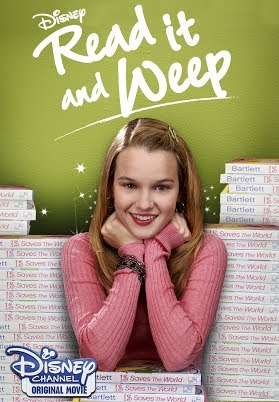First off, I want to make it very clear that this is not a political post. I am not interested in arguing about Israel's right to exist. If that's what you're looking for, go look somewhere else. This post is directed at fiction writers who want to put Israeli characters in their stories. Any political comments will be deleted. Got it? Good. Moving on.
As you might have figured out from my name, I am Israeli born and bred. Israelis are some of the most creative people in the world. Did you know that we invented the cell phone, the flash drive, and the cherry tomato? Talk about shaping the future. I mean, can you imagine life without cherry tomatoes?
So why not liven up your next novel or short story with one or more of us awesome Israelis? Since you're probably a starving artist who can't afford to fly around the world just for a little research, here are five basic tips to get you started.
1) Not all Israelis are Jewish.
Israel is known as the Jewish State, and there are a lot of misconceptions about what this means. It's true that the majority of the population, (about 80%), identify themselves as Jews. However, there is freedom of religion and separation of church and state, or synagogue and state in this case. Israel is home to plenty of Muslims, Christians, Buddhists, and even a few adherents of the Church of the Flying Spaghetti Monster, all of whom are free to practice their beliefs as long as those beliefs don't harm anyone else. Even among Jewish Israelis, there's a very broad spectrum of lifestyles. Completely secular, traditional, religious with more modern leanings, Hasidim? Take your pick.
2) Not all Israelis are soldiers.
Israel has a permanent draft, which means that theoretically every Israeli citizen serves in the military for at least two years when they reach the age of eighteen. In practice, it's a lot more complicated than that. There are exemptions. There are all sorts of non-combat positions within the military. Then there's something called Sheirut Le'umi, which is basically volunteer work that counts as military service even though you never wear a uniform or set foot in a training camp. Basically, you only become an actual soldier if you want to. So before you stick military service into your character's backstory, consider whether it really fits his or her personality. Don't put it in there just to make the character more authentically Israeli.
3) Not all Israeli soldiers are Jason Bourne.
Even if your Israeli character is a veteran, even if he or she served in a combat unit - (Israel does have female combat units, and the world's only co-ed combat unit) - this doesn't automatically mean that he or she is trained in three forms of martial arts, able to shoot down a moving target from the next continent over, and possibly even build a bomb out of chewing gum and a hairpin. This is a stereotype I see a lot in American television. In fact, it's a stereotype I've seen in military characters of every nationality. The truth is that unless your character is career military, they'll do basic training and they'll get the rest of their skills the hard way. Their fighting style will be quick, dirty, and practical. And if they're outnumbered, they'll just give the enemy a good running away from.
4) All Israelis Are as Stubborn as the Proverbial Mule.
This is one stereotype that is absolutely rooted in fact. We are stubborn. We never ever give up on the things we believe in.
5) Our Nationality Is Not the Most Interesting Thing About Us.
Again, this is a problem I've seen with characters of every race and culture. In their eagerness to write ethnically diverse stories, many writers forget to give their characters actual personalities. A person's culture is part of their personality, but it isn't the biggest part. Don't just stick the label Israeli on a character and think that says it all. Tell me what kind of home he grew up in, how many siblings she has, and what he thought he would be when he grew up. Did she get into trouble when she was a teenager? What's the worst mistake he ever made?
Happy Writing!











